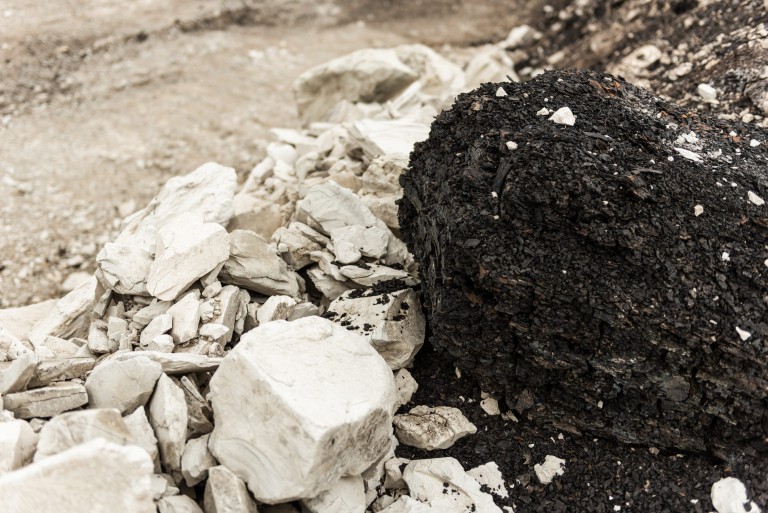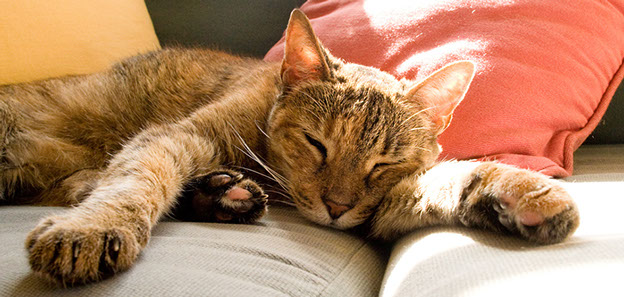What is Dehydration?
Dehydration results from a lack of water in the body and can cause serious health problems. Some of the most common causes of dehydration in animals are severe vomiting and diarrhea, as well as a lack of access to or consumption of fresh potable water.
What are Signs of Dehydration?
An animal that is dehydrated may:
• Be lethargic
• Look droopy
• Pant heavily
• Sprawl out
• Roll their eyes back
• Lose their appetite
• Have difficulty breathing
• Have sunken eyes
• Have raised veins (this can sometimes be seen on animals like horses or dogs with very
short coats)
• Show signs of depression (i.e. a lack of interest in what is going on around them, treats,
etc.)
• Have pale lips and gums and a hot, dry nose
• Have a dry mouth
• Lose skin elasticity. To test this, gently pinch and lift the skin between the animal’s
shoulder blades. Healthy, elastic skin with bounce back into place while a dehydrated
animal’s skin will stay up in a ridge.
• Have an elevated temperature
• Show signs of shock, including collapse (in severe cases)
What to Do If Your Animal is Dehydrated
If you suspect that your animal is dehydrated, he or she should receive veterinary attention immediately. If he or she is still mobile and alert, you may want to provide a small amount of water. However, be sure that your animal does not consume too much water too quickly, as this can also result in health risks. It is important to note that any sick animal, including one who is dehydrated, may act irrationally. He or she may become confused and distressed, urinate or defecate uncontrollably, snap or behave irregularly. Once at the vet, you animal will receive fluids, including a balanced mixture of electrolytes. If the animal has a high temperature, which can indicate heatstroke, cooling blankets and/or a cool bath may also be used to get the animal’s core temperature down.
If your animal is not vomiting and likely is only mildly dehydrated, provide him or her with an electrolyte solution. According to WebMD, in addition to Gatorade, balanced electrolyte solutions for treating dehydration in children are also suitable for dogs. In any case, however, it is important to first contact your vet in order to receive further instruction.
Tips to Prevent Dehydration
• Provide fresh, clean water at all times.
• Be sure to change your animal’s water frequently to keep it fresh.
• Wash your animal’s bowl every day to prevent the growth of bacteria.
• Monitor your animal’s water intake to be sure that he or she is drinking an adequate
amount of fluid. If you not, contact a veterinarian immediately.
• Try to prevent your animal from knocking his or her water bowl over. Often a dish with a
weighted bottom will help.
• Be sure to bring water for your animal when you are traveling or exercising with him or
her.
Image by Angelo DeSantis


